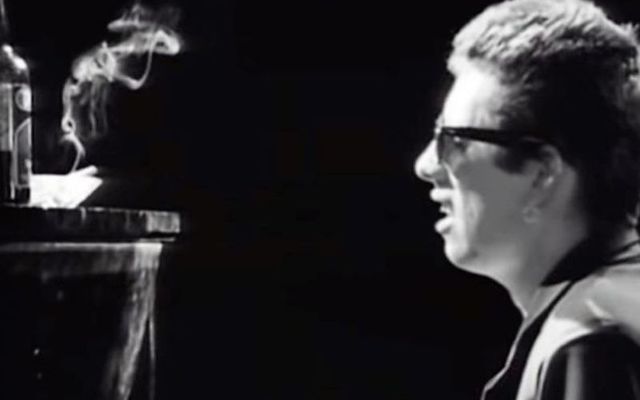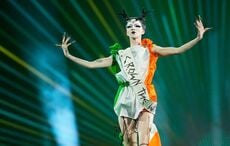BBC radio stations will play an edited version of the Pogues and Kirsty MacColl's Christmas classic "Fairytale of New York" this year to avoid offending listeners.
The iconic song's lyrics have been an annual source of debate in recent years and BBC Radio 1 has decided to play an alternative version of the track this year, using different lyrics sung by MacColl.
BBC Radio 1 bosses were reportedly wary of offending younger listeners with derogatory terms for gender and sexuality by playing the original song.
The BBC said in a statement that individual BBC radio stations will decide whether or not to play the original song.
"We know the song is considered a Christmas classic and we will continue to play it this year, with our radio stations choosing the version of the song most relevant for their audience," the BBC said in a statement.
BBC Radio 2 will continue to play the original song for now, although it will monitor the views of its listeners.
Last year, Alex Dyke, a BBC Radio Solent DJ, said he would no longer be playing the iconic Christmas song on his radio program, slamming it as “downmarket chav bilge.”
Meanwhile, BBC Radio 6 Music, which specializes in alternative music, has provided the edited version of the song to its presenters and will allow them to choose which version to play.
BBC Radio 1 will not play original version of Fairytale of New York by The Pogues and Kirsty MacColl this Christmas, because its audience may be offended by derogatory terms for gender and sexualityhttps://t.co/5xJEHhW4eN
— BBC News (UK) (@BBCNews) November 19, 2020
RTÉ and other Irish radio stations have so far resisted any public pressure to play an alternative version of the festive favorite and have continued to play the original track.
However, they have come under increasing pressure to play an alternative version due to the line "you scumbag, you maggot, you cheap, lousy f****t", sung by MacColl in the song's second verse.
Another line sung by Pogues frontman Shane MacGowan has also come under scrutiny for the way it depicts women.
MacGowan, however, laughed off suggestions that the song was offensive or insulting in an interview with Ryan Tubridy on the Late Late Show last year.
"Nobody in the band thinks that’s worth a second’s thought," he told Tubridy.
"The word was used by the character because it fitted with the way she would speak and with her character."




Comments